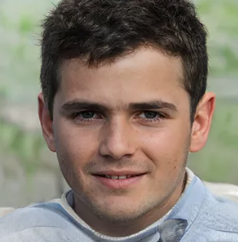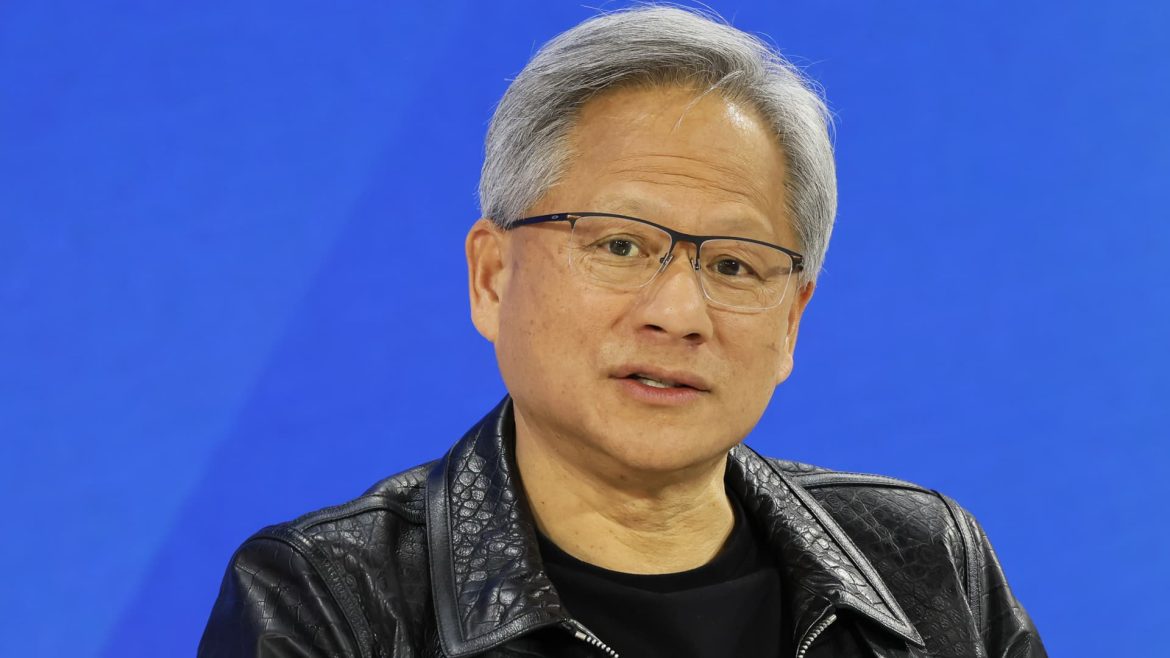Nvidia CEO Expects Artificial Intelligence to Catch Up with Humans Within Five Years
Artificial intelligence (AI) is rapidly gaining ground on human intelligence, according to Nvidia CEO Jensen Huang. Speaking at The New York Times’ annual DealBook summit, Huang made some bold predictions about the future of AI.
AI Catching Up to Human Intelligence
Huang claimed that within the next five years, companies will likely develop AIs capable of achieving tests in a “fairly competitive” manner to human intelligence, marking a significant leap forward.
Surge in Demand for High-Powered GPUs
Nvidia’s revenue has skyrocketed thanks to a surge in demand for high-powered graphics processing units (GPUs) needed to train AI models and handle hefty workloads across various industries, including automotive, architecture, electronics, engineering, and scientific research. This surge in demand has boosted Nvidia’s fiscal third-quarter revenue, which tripled, and net income, which climbed from $680 million to $9.24 billion compared to a year earlier.
Nvidia Delivers World’s First AI Supercomputer
Huang also reminisced about delivering OpenAI, the AI firm co-founded by Elon Musk, the world’s first AI supercomputer after Musk heard him speak about the device at a conference. The innovative AI supercomputer was a milestone in advancing AI research and development.
AI Competition to Drive Emergence of Off-the-Shelf Tools
Huang also predicted that competition in the AI space will lead to the emergence of off-the-shelf AI tools that companies in different industries can customize according to their specific requirements, from chip design and software creation to drug discovery and radiology.
Challenges in Achieving AGI
Huang pointed out that the tech industry is still several years away from achieving artificial general intelligence (AGI) because machine learning is currently proficient in tasks such as recognition and perception but still lacks the capability for multistep reasoning, which is crucial to companies and researchers.
AI Progress and Technological Advances
Despite these challenges, Huang emphasized that the rate of progress in AI technology is high and that the industry is rapidly moving forward. However, he also stressed that today’s models and intelligence are related but not the same, indicating that there is still a long way to go.
A Hopeful Future
Despite the rapid progress and promising future of AI, Huang expressed hopes for a settled future for OpenAI, calling it a “really great team” and emphasizing the importance of corporate governance.
While discussing the chaos surrounding OpenAI, Huang reflected on the importance of proper company structuring, citing the resilience and success of Nvidia, which has weathered adversity over 30 years since its founding.
Nvidia CEO’s Cautious Optimism
Huang cautiously expressed optimism about the future of AI, acknowledging the high stakes and fierce competition in the industry. He refrained from ranking companies in the AI market, emphasizing the collaborative nature of the field and the broad potential for companies to work together toward technological advancement and innovation.
In conclusion, Huang suggested that the future of AI is bright, and while there are significant challenges to overcome, the industry is rapidly moving forward, paving the way for a new era of technological innovation.

I have been featured in numerous publications, both online and offline, and am a regular speaker at industry events. I am also the founder of Crypto University, an online educational platform that helps people learn about cryptocurrencies and blockchain technology. In addition to my writing and teaching career, I am also an active investor in the cryptocurrency space. I have made investments in some of the leading projects in the space, and my portfolio has outperformed the market by a wide margin
